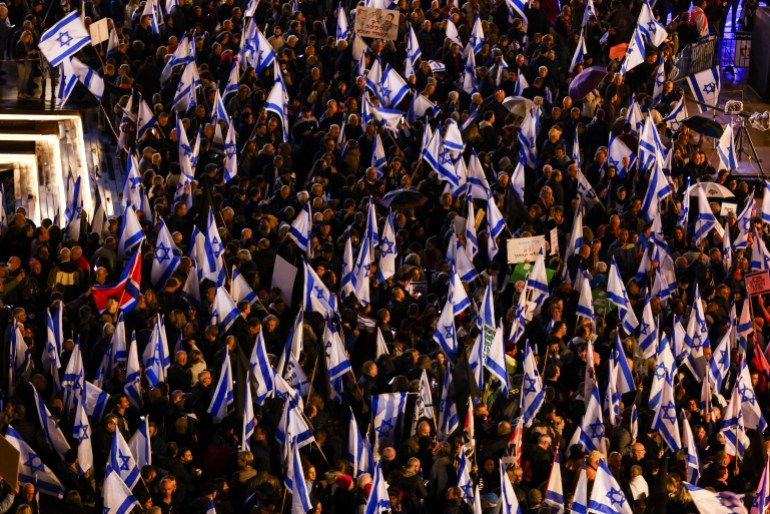OTTAWA – Canada’s unemployment rate held steady at 6.5 per cent last month as hiring remained weak across the economy.
Statistics Canada’s labour force survey on Friday said employment rose by a modest 15,000 jobs in October.
Business, building and support services saw the largest gain in employment.
Meanwhile, finance, insurance, real estate, rental and leasing experienced the largest decline.
Many economists see weakness in the job market continuing in the short term, before the Bank of Canada’s interest rate cuts spark a rebound in economic growth next year.
Despite ongoing softness in the labour market, however, strong wage growth has raged on in Canada. Average hourly wages in October grew 4.9 per cent from a year ago, reaching $35.76.
Friday’s report also shed some light on the financial health of households.
According to the agency, 28.8 per cent of Canadians aged 15 or older were living in a household that had difficulty meeting financial needs – like food and housing – in the previous four weeks.
That was down from 33.1 per cent in October 2023 and 35.5 per cent in October 2022, but still above the 20.4 per cent figure recorded in October 2020.
People living in a rented home were more likely to report difficulty meeting financial needs, with nearly four in 10 reporting that was the case.
That compares with just under a quarter of those living in an owned home by a household member.
Immigrants were also more likely to report facing financial strain last month, with about four out of 10 immigrants who landed in the last year doing so.
That compares with about three in 10 more established immigrants and one in four of people born in Canada.
This report by The Canadian Press was first published Nov. 8, 2024.




























